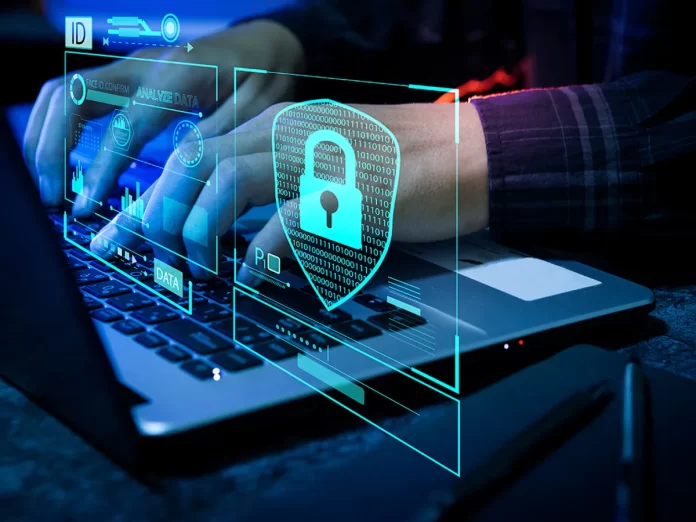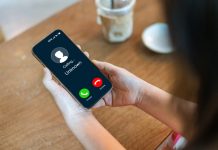In our rapidly evolving digital world, the boundary between ease and risk is becoming more indistinct with each passing day. The internet has grown beyond merely watching videos or browsing articles. With our interconnected global community, individuals have the opportunity to engage in a wide array of activities, from enjoying casino games in online platforms like Guts to shopping for goods on Amazon or eBay.
Accordingly, this expanded usage comes with an increased need to protect our personal information from potential dangers lurking in the shadows of the online world. The purpose of this article is, thus, to shed light on the importance of safeguarding our sensitive data and provide practical tips on how to avoid falling victim to digital pitfalls that threaten our privacy and security.
Using Strong Passwords
One of the most important ways to protect personal information is to use strong passwords. A strong password should be at least 12 characters long and include a mix of uppercase and lowercase letters, numbers, and special characters. Remember to update your passwords regularly, especially for services where you store sensitive information.
Multi-Factor Authentication
Multi-factor authentication is an excellent way to increase security. This technique requires users to provide two forms of verification – for instance, a password and a text message code sent directly to their phone. Multi-factor authentication has become increasingly popular over time; be sure to take advantage of it whenever possible.
Checking Social Media Settings
Social media presents a significant challenge when it comes to safeguarding personal information. Therefore, it’s essential that you regularly review your settings and verify that no sensitive personal data is publicly viewable.
Limiting Data Sharing
Sharing personal information online should be limited to only what is necessary. Do not share excessive details about yourself, such as your address, phone number, or birthdate, unless it is absolutely necessary. Try to keep separate work and personal email addresses to prevent personal information from accidentally spreading to your workplace or vice versa.
Using a VPN
A VPN (Virtual Private Network) is an effective way to protect your privacy online. With a VPN, you can establish a secure connection to another network over the internet, shielding your data from outsiders. VPNs can help block phishing attempts and protect your privacy on public Wi-Fi networks.
Monitoring and Checking Data
Regularly checking and monitoring your data can help detect potential data leaks in a timely manner. Review your credit report at least once a year and ensure that all information is correct. Also, use services like Have I Been Pwned, which notifies you if your data has been leaked publicly during a data breach. This allows you to take necessary action to protect your information from possible misuse.
Email Handling Precautions
Emails are a common method for sharing personal information, but their use should be approached with caution. Do not open emails or attachments from unknown sources. Be particularly vigilant with emails that request the sharing of personal information. Remember that reputable companies will never ask for passwords or other sensitive information via email.
Using Secure Websites
Whenever you use a website where you share personal or financial information, make sure the site is secure. A secure website’s address always begins with “https://” notation. In addition, many browsers display a padlock icon in the address bar if the site is secure. Never provide personal information to suspicious websites.
Storing and Deleting Personal Information
Take extra care to store your personal information securely and delete it in a timely manner. Use encrypted files and backups to store important data. When you no longer need the information, delete it securely, for example, by overwriting the files multiple times or using software designed for permanent data removal.
As digital platforms and their associated apps continue to advance, and as our reliance upon them grows, it becomes ever more essential that our personal information be protected against potential threats. In order to do this, implementing various preventive measures is key. By following the tips outlined above, individuals can reduce their risk of digital hazards while maintaining privacy and security online.




































